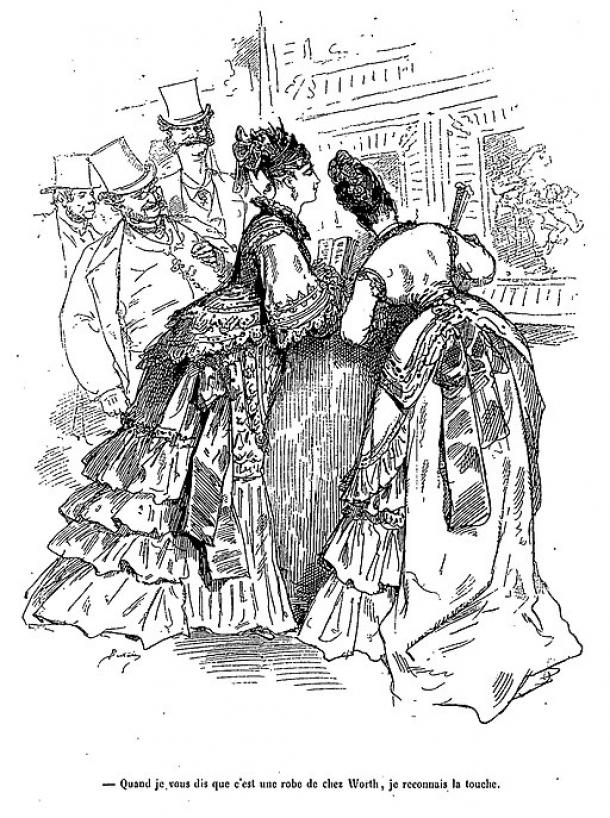0%
Women’s role in patriarchal societies throughout history often seems to be restricted to playing games in complex social circles for which the grand prize is a wealthy and respected husband, and the runner up, a hopefully loyal man with good social standing, but low funds. Women who exerted themselves ambitiously playing should not be underestimated by becoming one-sentence mentions in the historical notes on the men who gave away their hands in marriage or the men who asked for them. They should be remembered, but so should those who sought a different path by choosing their partners, demanding their political power through cruel methods, and earning their historical reputation. Hōjo Masako whose path included these rebellious actions, was certainly not a passive recipient of others' demands, which can be seen though her marriage, her rise to power, and the way she was and still is perceived.
Masako broke Japans arranged marriage practices by convincing her father to allow her to marry her childhood sweetheart instead of a lord of Izu. In more detail, she married Minamoto no Yoritomo in 1177, a man who was exiled at the age of four after being on the losing side of a civil war and put under the watch of Masoko’s father allowing her to grow up with him. The two had been noted to have been truly in love, leading Hōjo Masako to defy her father with a secret relationship that he did not approve of upon discovery and consented to only after his daughter refused to end the possibly politically compromising affiliation. In time, the couple proved to be a powerful duo with Yoritomo utilizing the Hōjo family’s military forces to rise to power. However, not all was perfect between the two - Yoritomo had mistesses and as a reaction Masako hired a military force to destroy one of the women’s houses.
Moreover, her personal rise to power began with her husband’s, the first shogun’s, or military director's, death in 1199. First, She remained politically active as a regent for her eldest son and after his assassination, for his younger brother who she saved from sharing his brother’s fate. Oftentimes, she is accused of being disconnected from her sons who she, in accordance to tradition, did not raise, having them raised by foster families instead, as well as having both deposed for supposed incompetency. Moreover, she exiled her father when he attempted to conspire against her. Not stopping there, in 1221 she rallied warriors to defeat the emperor once he tried to gain complete authority. She continued to exercise indirect power with the role of regent for a puppet ruler who was only an infant. She ruled the shōgunate through the Hōjo regents until the end of her life.
Furthermore, as a consequence of her eventful life, she became an influential figure and remains to be discussed as a powerful woman. On the one hand, she has often been written about as a schemer with a Machiavellian approach. Such a view of her can be seen in her nickname 'ama shogun' meaning ’the nun-general’ as she became a nun after her husband's passing, and earned the political influence of a general. On the other hand, kinder works portray her as a victim of her circumstances and a tragic figure in the context of medieval Japanese marriage practices and family customs. Her freedoms and opportunities were limited by the fact that she was not a man, and yet she managed to bypass social norms and expectations, and consequently assumed great power.
In conclusion, the restrictions and expectations put on women and man during history differed and, though most searched for success within what they were allowed by general norms, there have been those who made their own path with regard to marriage and power, and have earned their either positive or negative reputation based on their decision. Hōjo Masako, this influential Japanese figure who married the first shōgunate, married the man she loved and supported him in the fight for political power, and after his death, asserted herself as an unofficial general. Her story is littered with moments of both cruelty and success, which have led some to see her as a schemer, while others say she’s a victim who made the best of her situation.
References:
Harrison, JOhn A. “Hōjō Masako.” Encyclopædia Britannica, Encyclopædia Britannica, Inc., 1 Jan. 2020, www.britannica.com/biography/Hojo-Masako.
Hōjō Masako.” Story of Japan, 0AD, storyofjapan.com/key-figure/hojo-masako/
"Hojo Masako (1157–1225) ." Women in World History: A Biographical Encyclopedia. Encyclopedia.com. 7 Jan. 2020 <https://www.encyclopedia.com>.
Коментари
Филозофски факултет у Нишу задржава право избора коментара који ће бити објављени, као и право скраћивања коментара.
Коментаре који садрже говор мржње, псовке и увреде, као и било који други вид непримерених или коментара који се директно не односе на чланак који коментаришете, не објављујемо.
Задржавамо право да коментаре којима скрећете пажњу на словне грешке, техничке и друге пропусте, као и коментаре који се односе на уређивачку политику не објавимо, али такви коментари су доступни за увид администраторима и уредницима, и на њима се захваљујемо.
ЗАКОН О ЈАВНОМ ИНФОРМИСАЊУ, члан 38: Забрањено је објављивање идеја, информација и мишљења којима се подстиче дискриминација, мржња или насиље против лица или групе лица због њиховог припадања или неприпадања некој раси, вери, нацији, етничкој групи, полу или због њихове сексуалне опредељености, без обзира на то да ли је објављивањем учињено кривично дело.
Мишљења изнесена у објављеним коментарима представљају приватне ставове њихових аутора и не представљају званичне ставове Филозофског факултета у Нишу ни аутора чланка.
Слањем коментара потврђујете да сте сагласни са правилима коришћења.


